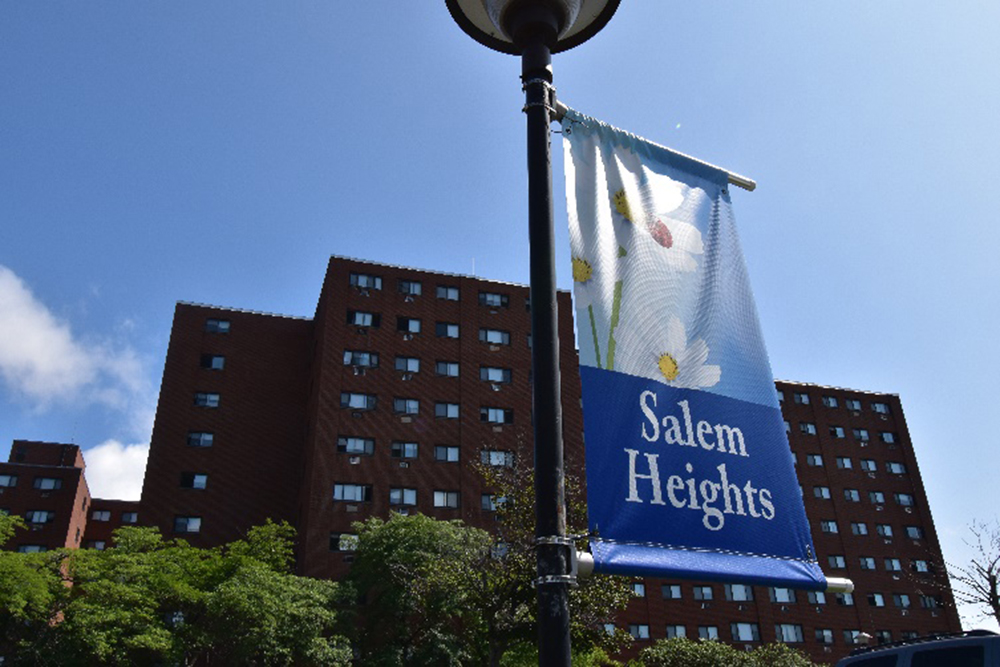
Rockland Trust leads financing of $61m to POAH for Salem Heights

Salem, MA Rockland Trust led a financing package of $61 million to Preservation of Affordable Housing (POAH) for the redevelopment of their affordable housing apartment building, Salem Heights. The project will consist of substantial renovations to the low-income residential property comprising 281 rental units across the property’s two-building high-rise campus. Salem Heights was modestly renovated in 2003 when POAH acquired the property.
“Rockland Trust is honored to partner with Preservation of Affordable Housing,” said Heidi Yates, vice president of commercial lending at Rockland Trust. “This transaction reflects the bank’s commitment to local communities, not only by providing the funds to redevelop affordable housing units, but also by supporting POAH’s mission of preserving and sustaining affordable, healthy homes for all.”
Rockland Trust provided a $22.6 million construction loan of the total $61 million financing package. Eastern Bank and East Boston Savings Bank were also participants in the transaction.
In addition to the construction loan, Rockland Trust will purchase Federal Low Income Housing Tax Credits and partner with Boston Financial Investment Management (BFIM) to provide tax credit equity to help fund POAH’s acquisition and renovation. Eastern Bank, East Boston Savings Bank, and Peoples Bank are also partnering to purchase the federal tax credits.
“We are excited about the renovations kicking off at Salem Heights this month and are grateful to local partners, Rockland Trust, Eastern Bank, East Boston Savings Bank, People’s Bank, and Boston Financial, for providing debt and equity financing that will help us substantially upgrade this important affordable housing community that more than 400 residents call home,” said Dena Xifaras, POAH Senior Vice President, Ownership and Operations.
Located at 12 Pope St., Salem Heights Apartments offers residents access to on-site parking and nearby parks, hospitals, businesses, and is near bus and train transit. Over 96% of the units will be affordable to households earning less than 60% of the area median income (AMI), with 44 units further restricted for very low-income households earning less than 50% of AMI, and 28 units further restricted for extremely low-income households earning less than 30% AMI.